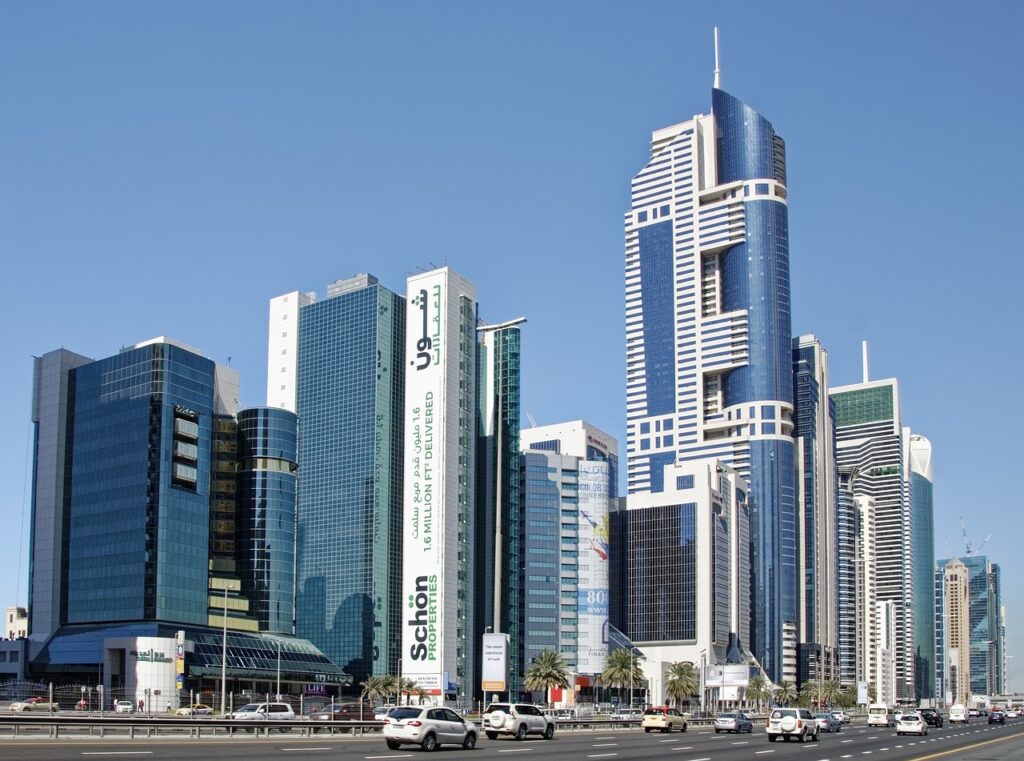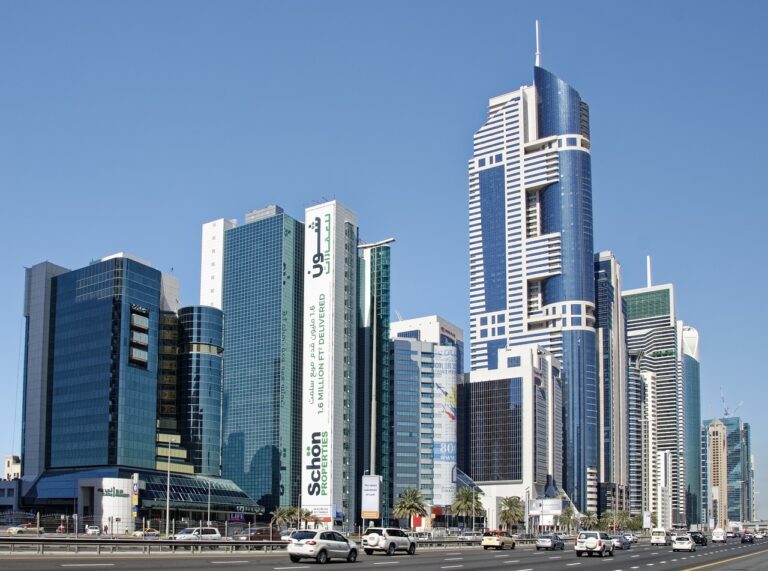
Every international journey begins with a small, powerful thought: What lies beyond? For many Indians, that first trip abroad is a dream nurtured over years. It often marks the transition from imagining a world far away to stepping into it, passport in hand. But with the thrill of travel comes a long list of responsibilities—especially for first-timers.
A common starting point is sorting out visas and documents. For travelers heading to the UAE, securing a Dubai Travel Visa for Indian passport holders is one of the earliest and most essential steps in the process. And that’s just the beginning. From airport formalities to cultural awareness, the first international experience is a blend of excitement and learning that reshapes how we view the world—and ourselves.
The Emotional Baggage of Borders
No one prepares you for the emotions that bubble up the moment you clear immigration. Whether you’re traveling solo, on business, or with friends, crossing a border for the first time makes the world feel vast—and incredibly real.
But those same borders also teach humility. You quickly learn that travel is more than just Instagram stories and scenic backdrops. It’s about respecting new systems, abiding by unfamiliar rules, and adapting to different ways of life. The airport queues, the customs declarations, and the multiple identity checks may feel overwhelming initially, but they are part of the global fabric that connects us all.
Visas and Validations: A Quiet Test of Patience
Understanding visa procedures is often the first hurdle for first-time Indian travelers. Requirements vary from country to country, and even a small error can delay your plans. For example, after submitting an application, many travelers are unsure how to monitor their visa progress. For those heading to Dubai, keeping an eye on your Dubai Visa status is critical to ensure that everything is on track before departure.
What may seem like a bureaucratic process is actually a rite of passage. These formalities teach planning, attention to detail, and time management. They urge you to take ownership of your journey—long before the boarding call.
Learning the Art of Packing Smart
Many novice travelers make the classic mistake of packing too much—or worse, packing all the wrong things. Your first trip will quickly teach you what truly matters: adaptability, comfort, and preparedness.
The perfect travel bag isn’t just about outfits or accessories; it includes essentials like medication, travel-sized toiletries, universal adapters, and a neatly arranged document folder. Learning what not to pack is just as valuable—this skill, once mastered, makes every future journey smoother.
Packing smart also reinforces minimalism. You begin to value utility over excess, and that shift in mindset often transcends travel itself.
Cultural Clashes and Unexpected Grace
Every country is a tapestry of customs, beliefs, and behaviors. As a first-time traveler, you may feel nervous about doing something “wrong” in an unfamiliar setting. But that discomfort is temporary. Whether it’s navigating a new transport system, ordering food in a different language, or adapting to local etiquette, cultural immersion teaches resilience and openness.
And here’s the best part: kindness is universal. You’ll find that even if you fumble your way through a conversation or appear lost in a new city, people often extend patience and help in ways that restore your faith in humanity.
Real-World Confidence and Independence
Traveling abroad forces you to think on your feet. From managing currency conversions to finding your way without mobile data, you learn to solve problems quickly and efficiently. Every situation—missed flights, delayed luggage, or even unfamiliar public toilets—adds to your personal growth.
There’s something deeply empowering about navigating foreign systems alone or making spontaneous decisions that turn into unforgettable memories. With every new country, you add a layer of confidence that no classroom or job can teach.
Personal Boundaries: The Unseen Barriers
Not all barriers are political or cultural. Some are personal—fear of getting lost, hesitation to try new foods, or anxiety about being misunderstood. Traveling abroad makes you face these internal boundaries head-on.
You’ll be surprised by how much courage you actually possess. What once felt intimidating becomes manageable. And once you learn to push past your own mental limits, you begin to embrace the unknown with enthusiasm instead of fear.
Documentation Discipline
First-time travelers quickly realize the importance of keeping their documents safe and accessible. Whether it’s your passport, visa approval letter, flight tickets, or health declarations, these papers are your entry points into another world.
Carrying both digital and physical copies, backing up documents on cloud drives, and knowing where everything is at all times instills a habit of order that extends beyond travel. It cultivates a mindset of being organized and responsible—both at home and abroad.
Coming Back Changed
What happens after your trip is just as important as the journey itself. The transformation doesn’t end when you land back in India. You bring back stories, experiences, perspectives—and a newfound sense of possibility.
You may find yourself more open to trying new things, more tolerant of differences, and more curious about how others live. Travel doesn’t just broaden your horizons; it stretches your thinking, deepens your empathy, and sharpens your appreciation for the life you left behind and the one you could build next.
Conclusion
That first international flight is far more than just a stamp on your passport—it’s a stamp on your soul. From securing a Dubai Travel Visa for Indian passport holders to checking your Dubai Visa status, the administrative tasks prepare you for much more than a vacation. They train you to plan with care, act with confidence, and move through the world with open eyes.
The borders you cross teach you about geography, yes—but also about humanity, humility, and the potential within yourself. And as you learn to navigate the barriers—be they cultural, logistical, or internal—you’ll find the biggest breakthrough of all is the new version of you that emerges on the other side.




